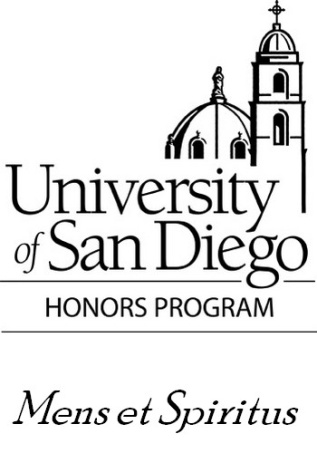Date of Award
Fall 11-18-2020
Document Type
Undergraduate Honors Thesis
Degree Name
Bachelor of Arts in Psychology
Department
Psychological Sciences
Advisor
Dr. Rebekah Wanic
Advisor
Dr. Susannah Stern
Abstract
Naloxone hydrochloride, popularly known by the brand name Narcan, is an emergency treatment used to reverse an overdose on opioid drugs. The CDC reports upwards of 26,000 individuals saved by naloxone between 1996 and 2014 (Centers for Disease Control and Prevention, 2015). Despite this success rate, those outside of the medical field largely remain unaware of what naloxone is or how they can use it in an emergency, leading to needless loss of life. Many studies focusing on naloxone access and education have been unable to offer findings meant to increase the use and ownership of the drug by lay individuals. To help redress this, the current study aims to dissect the potential motivations and deterrents to accessing and acquiring naloxone using the Health Belief Model as a guide. Participants were asked to complete a survey investigating their previous exposure to, general attitudes about, and intent to access and further educate themselves about naloxone. The current study seeks to utilize the motivational framework of the Health Belief Model to better understand the important issue of access to anti-opioid drugs. Relevant findings are intended to aid in the pursuit of an efficient and successful application in the public health domain to increase naloxone possession and decrease deaths caused by opioid drugs.
Digital USD Citation
Tilford, Sarah, "The Life-Saving Drug That No One Knows About: Naloxone Education and the Health Belief Model" (2020). Undergraduate Honors Theses. 78.
https://digital.sandiego.edu/honors_theses/78
Copyright
Copyright held by the author
Creative Commons License

This work is licensed under a CC BY License.
Included in
Community Health and Preventive Medicine Commons, Health Psychology Commons, Other Chemicals and Drugs Commons, Public Health Education and Promotion Commons, Social Psychology Commons, Substance Abuse and Addiction Commons


